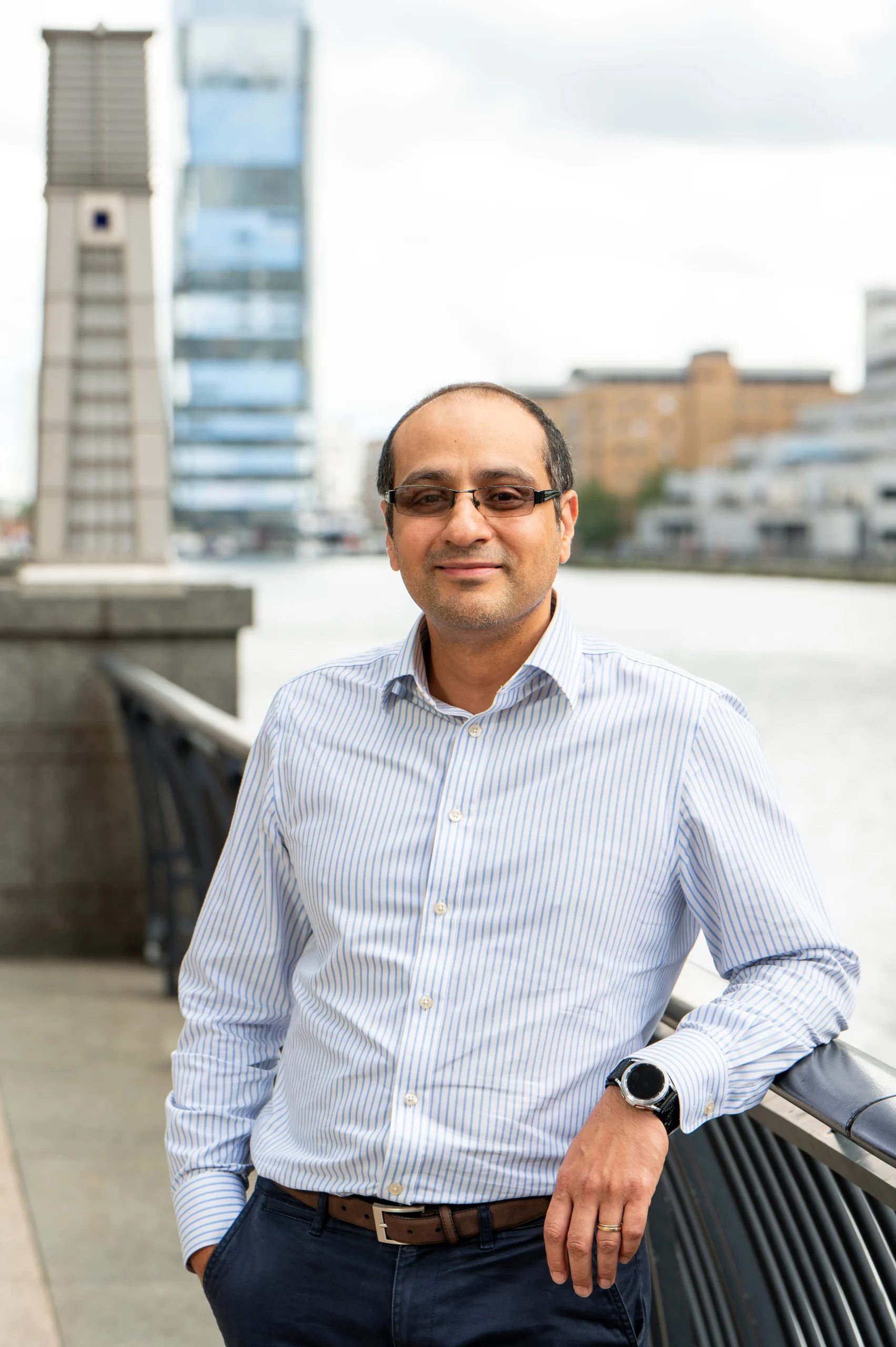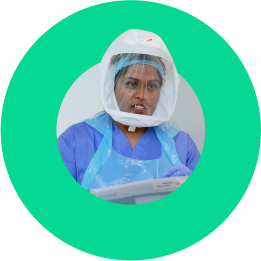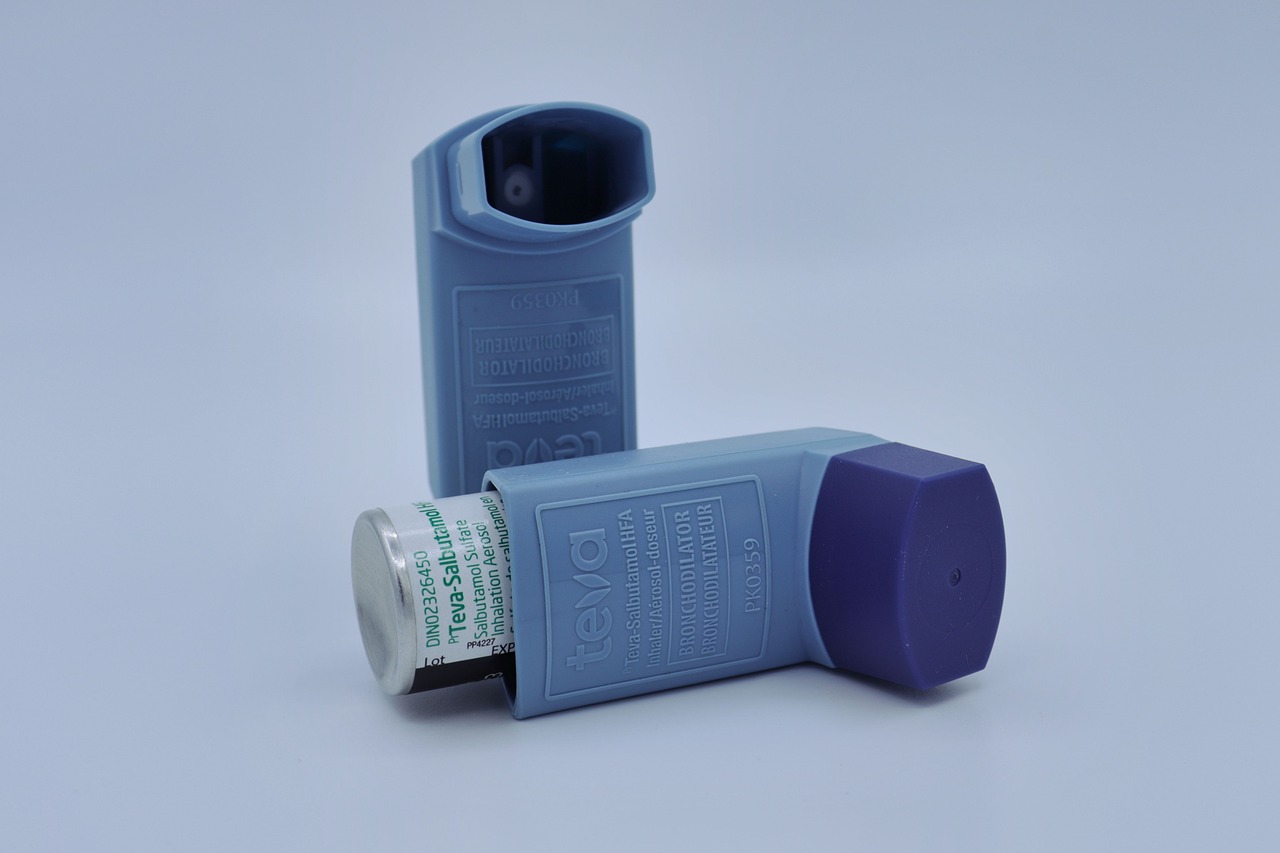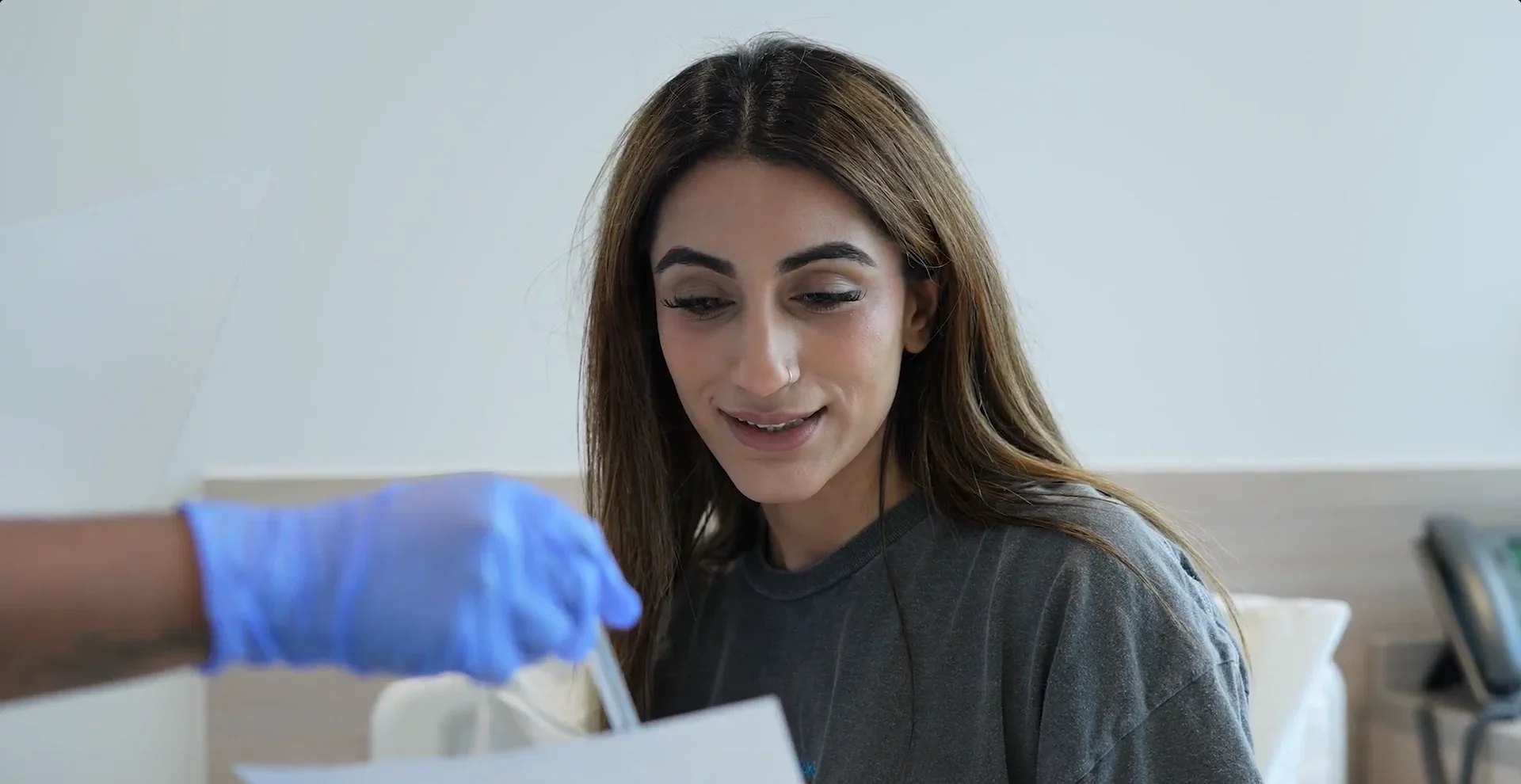Immunisation currently prevents between 2-3 million deaths every year – an incredible statistic. It’s figures like that which make this week’s campaign one of the most important in the world. World Immunisation Week is widely recognised as one of the world’s “most successful and cost-effective health interventions”, and this year it has a focus on spotlighting the role that everyone can play in the effort to urge greater action on immunisation around the world.
Organised by the World Health Organisation (WHO), the event is celebrated in the last week of April each year – designed to highlight the advancements made in the world of immunisation, as well as clarifying areas to work on for the coming year. The organisation state that immunisation matters now more than ever, and call the process “a fundamental strategy in achieving other health priorities, from controlling viral hepatitis, to curbing antimicrobial resistance, to providing a platform for adolescent health and improving antenatal and newborn care”.
At its core, the immunisation process provides a touchpoint for health care during early childhood, increasing the likelihood of a person leading a healthy life. However, there are still more than 19 million unvaccinated or under-vaccinated children in the world, and of these children, 1 out of 10 never receive any vaccinations, and most likely have never been seen by a medical professional. This puts them at risk of potentially fatal diseases, and is why we have to continue to work on increasing immunisation coverage and health care provisions across the world.
Protected Together
For 2018 the theme of the week is: “Protected Together, #VaccinesWork”. This is designed to encourage all kinds of people across the world – from donors and medical professionals to the general public – to do all that they can to increase awareness and immunisation coverage.
To do this, the WHO highlight a few key areas for improvement. At a government level, officials must invest in immunisation efforts across the world. Advocates and medical professionals must make vaccines a priority and spread the word, and all people must get themselves and their families vaccinated – boosting coverage one person at a time.
Moving Forward
Important progress has been made in vaccine research and development, with an increase in the number of vaccines in the clinical development pipeline. This includes the first vaccine to protect children against malaria, which will be trialled in three African countries in 2018.
At FluCamp we are advocates for finding and utilising the treatments and preventative measures that are being produced by medical experts across the world. At our HQ in London we run clinical trials that are designed to research how the body reacts to viruses. We do this so that we can develop more effective and efficient treatments, which, we hope, will eventually eradicate some of the most common viral illnesses in the world.
To find out more about our clinical trials, or how you can help, take a look at our dedicated page. Alternatively, why not try taking the #VaccinesWork quiz on the WHO website to test your knowledge on immunisation and the diseases that can be prevented by vaccinations?
















